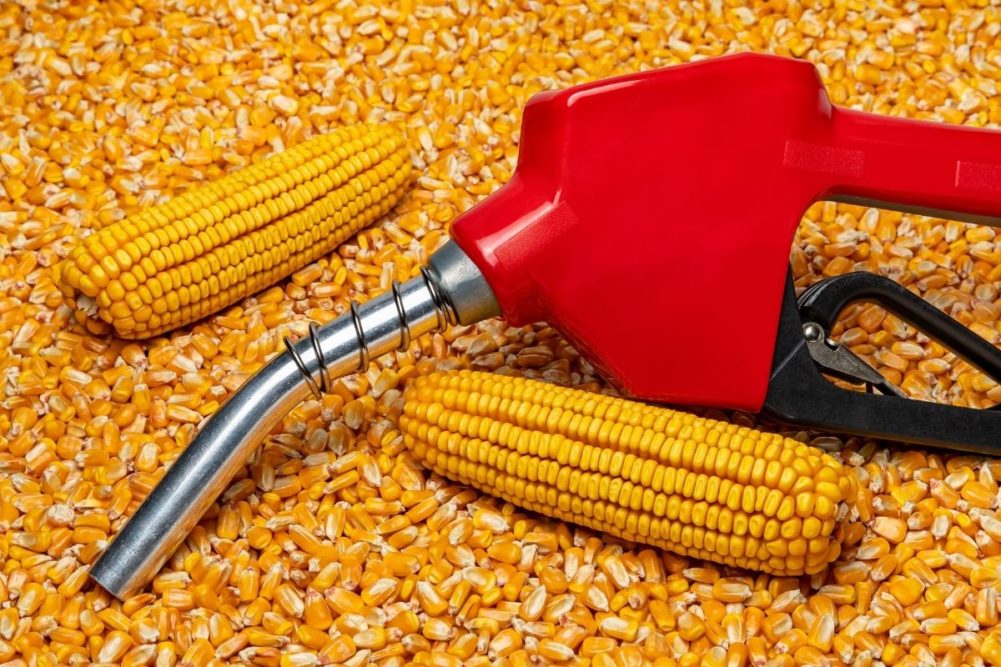SIOUX FALLS, SOUTH DAKOTA, US — The American Coalition for Ethanol (ACE) is opposed to “sustainability criteria” for crop-based biofuels that are part of 2024 proposed amendments to the Low Carbon Fuel Standard (LCFS) being considered by the California Air Resources Board (CARB).
Brian Jennings, chief executive officer of ACE, in comments submitted Feb. 20 to the CARB, also drew attention to the need to approve E15 use in California and the importance of E85 and flexible fuel vehicles (FFVs).
“We do not support CARB’s sweeping ‘sustainability criteria’ approach to regulate ethanol producers and farmers,” Jennings said. “The broad and burdensome proposal to require pathway holders to track crop-based feedstocks to their point of origin and obtain independent third-party certification will only serve to discourage participation in the LCFS. Instead, we offer a scientifically driven alternative based on real-world farm practices.”
Jennings referred to the US Department of Agriculture’s (USDA) recently unveiled $25 million investment in the Regional Conservation Partnership Program (RCPP) led by ACE. This project is designed to unlock corn ethanol access to LCFS markets and new tax incentives based on the adoption of climate-smart agricultural practices that reduce GHG emissions.
The USDA funding will help farmers adopt reduced tillage, nutrient management and cover crops on nearly 100,000 acres across 167 counties surrounding 13 ethanol facilities partnering with ACE to implement the project in the 10-state region of Illinois, Indiana, Iowa, Kansas, Minnesota, Missouri, Nebraska, Ohio, South Dakota and Wisconsin. The sites were strategically chosen to provide the project’s scientific team with statistically significant data regarding the GHG effect of conservation practices in different soil types and climates.
“While we may share CARB’s goal for better understanding the GHG impacts farming practices have on crop-based biofuels, we disagree feedstocks such as corn must be tracked to their point of origin,” Jennings said. “Rather, some of the models CARB and other regulators use today to penalize corn ethanol for land use change (LUC) and farm-level practices can be improved and modified to assign carbon credits based on climate-smart agriculture practices.”
Specifically, ACE said the GREET model developed by US Department of Energy’s Argonne National Laboratory should be used to assign carbon credits from climate-smart ag practices. GREET estimates nitrous oxide emissions from fertilizer use contains a module for estimating LUC penalties through the Carbon Calculator for Land Use Change from Biofuels (CCLUB) and features a relatively new Feedstock-Carbon Intensity Calculator (FD-CIC) module estimating soil carbon emissions and sequestration credits for practices such as conservation tillage and cover crops on corn production.
ACE’s submitted comments also included an explanation of how E15 use in California can help reduce the carbon intensity of the state’s gasoline supply and cut emissions of criteria pollutants. E15 is EPA-approved for nearly all vehicles on the road and offers cost-savings, ACE noted, but CARB has not yet approved E15 use.
“We must take this opportunity to implore you to once and for all approve the use of E15 in California,” Jennings said.
ACE also emphasized California’s growing E85 marketplace and availability of flexible-fuel vehicles, noting that the number of FFVs declined from 2021 to 2022 by nearly 4%.
“We urge CARB to work with other state agencies, automakers and the federal government to incentivize manufacturers to produce more FFVs and convert existing gasoline-operated internal combustion engines to operate on E85,” Jennings said.





